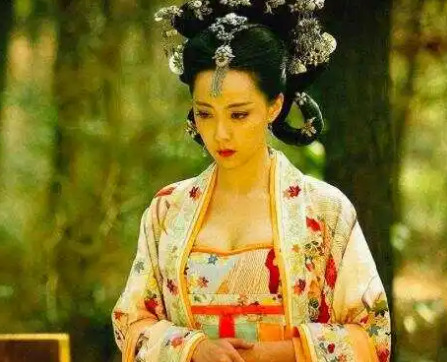In the long cultural history of China, "Records of the Grand Historian" is praised as "the supreme work of historians, the Unbounded Song of Grief" due to its unique chronological biography format and profound historical value. It is not only an outstanding work of the Western Han Dynasty, but also the first chronological biography general history of China, written by the great historian Sima Qian. This article will explore the background of the book, its content characteristics, and its influence on later generations.

"Records of the Grand Historian" was compiled during the Western Han Dynasty, an era of relatively stable politics and prosperous economy and culture. Against this backdrop, Sima Qian inherited his father Sima Tan's aspiration and began compiling this general history. He went through many hardships, collected extensive materials, conducted thorough research, and strived to truly reflect the historical panorama from the ancient Huangdi era to the period of Emperor Wu of the Han Dynasty. The compilation of "Records of the Grand Historian" took nearly two decades and was finally completed around 91 BC.
The content of "Records of the Grand Historian" is extremely rich, with a total of 130 chapters, divided into five parts: Benji (biographies of emperors), Biao (chronicles), Shu (treatises on institutions and changes), Shijia (biographies of feudal lords), and Liezhuan (biographies of other figures). Benji records the deeds of emperors from Huangdi to Emperor Wu of the Han Dynasty; Biao lists the chronicles of major events in various dynasties in the form of chronicles; Shu details the systems and changes in etiquette, music, astronomy, geography, and other aspects; Shijia mainly narrates the deeds of feudal lords; and Liezhuan records the life stories of various figures. This structural arrangement of "Records of the Grand Historian" provided a paradigm for the compilation of subsequent historical works.
When writing "Records of the Grand Historian", Sima Qian adopted an objective and fair attitude, without avoiding powerful figures, and even criticized the emperor of the time, Emperor Wu of the Han Dynasty. This independent historical perspective and critical spirit make "Records of the Grand Historian" not only a historical work but also a classic with profound ideological and literary value.
The influence of "Records of the Grand Historian" spans throughout ancient and modern times. It not only provides valuable material for later historical research but also becomes an important source of literary creation. The literary value of "Records of the Grand Historian" lies in its vivid narration and vivid characters. Many stories, such as "Qu Yuan's Suicide by Drowning in the River" and "Biographies of Xiang Yu", have become timeless classics.
In summary, "Records of the Grand Historian" is an outstanding historical document of the Western Han Dynasty. It not only pioneered the chronological biography style of historical works but also became a treasure in the cultural treasury of Chinese civilization with its profound ideological content and excellent literary achievements. Through "Records of the Grand Historian", Sima Qian presented the grand narrative of history and the fate and joys and sorrows of individuals, allowing later generations to glimpse the appearance of ancient society and understand the process of history.
Disclaimer: The above content is sourced from the internet and the copyright belongs to the original author. If there is any infringement of your original copyright, please inform us and we will delete the relevant content as soon as possible.
































